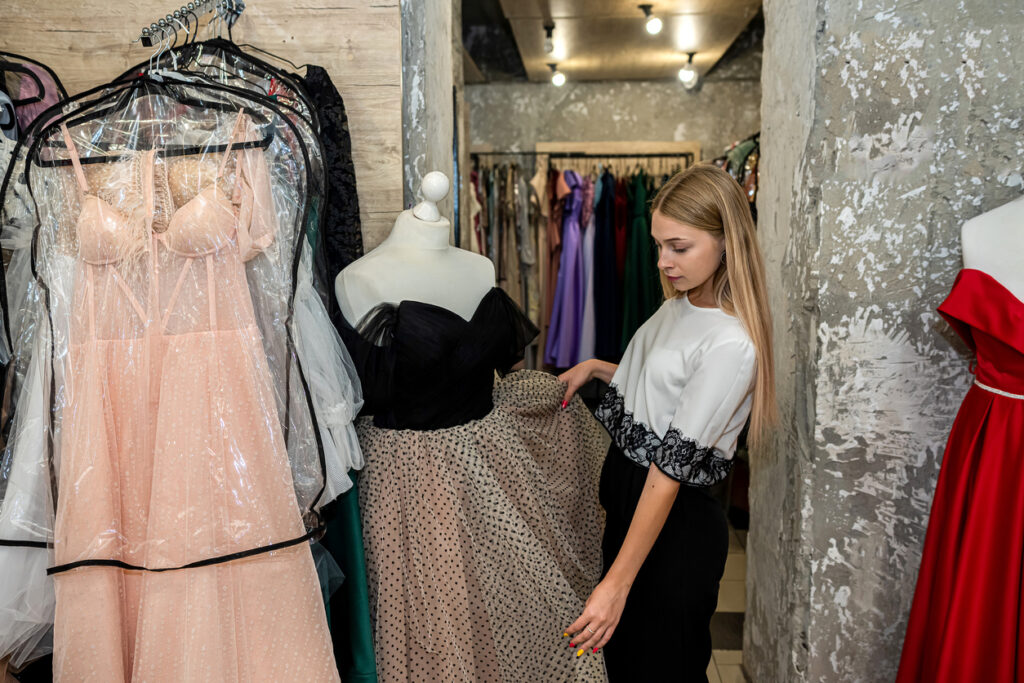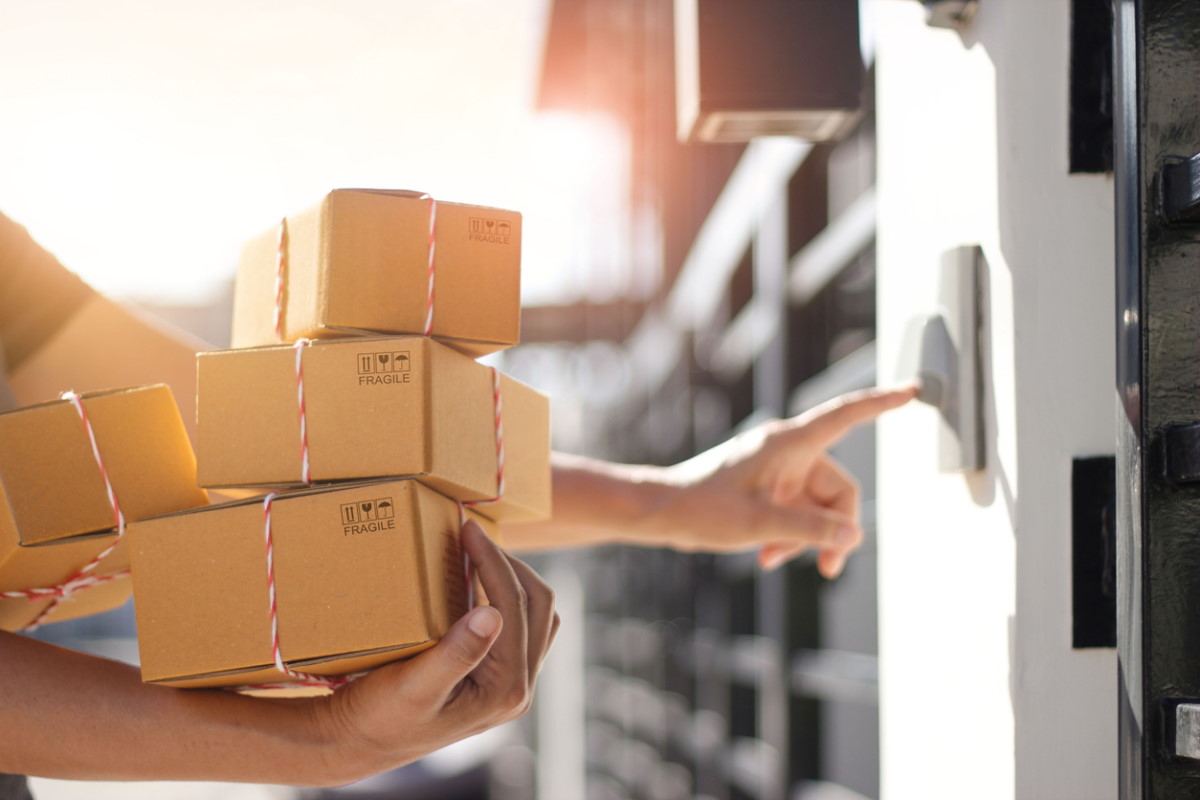Samantha Mansfield at LiveArea EMEA, A Merkle Company explores the sharing economy and describes how some leading retailers are taking advantage of it
Despite being popularised in the early 2000s, the sharing economy is a much older concept – think of it as a library with shared knowledge and wisdom, as old as the 7th century B.C. The retail industry in particular has taken advantage of the model, in part due to the rise in popularity of companies like Airbnb, Uber, and Zipcar – proving that success is possible.
Sharing economy is, at its core, about selling the use of a product rather than its ownership. The last decade has seen the sector flourishing with start-ups. In the UK for example, Girl Meets Dress launched in 2009, offering consumers designer dresses to rent for a set time period. Customers can wear the high-fashion clothing they’ve longed for without the expense and maintenance of actually owning the items.
So why is this model proving to be so popular? And what are the benefits?
Changing priorities
From 2005 to 2015, the subscription economy has grown by around 300% in the UK. Customers are getting increasingly familiar and more comfortable with the appeal of receiving goods and/or services on a reoccurring schedule without the hassle of research, consideration and making a new purchase each time something is needed.
Sustainability has also become increasingly important when it comes to how we shop. A reported 90% of Gen Zs surveyed stated they have made changes in their daily lives to be more sustainable, due to growing concerns over the impact consumerism is having on the planet.
Companies like Bundlee are using a ‘sharing’ model to reduce the environmental impact of constantly buying new baby clothing as your child grows. Their strong message on the sustainable benefits of using but not owning baby clothing is resonating with customers – their subscriber numbers are up 350% since the start of 2020.
Experience-led shopping
Trying out a product to assess its worth has also become an appealing concept to consumers. This is particularly important for more expensive items and/or brands that aspire to ‘lifestyle’ status, offering a ‘no strings’ experience in advance of ownership. Consider skiing: most people start out by renting the expensive equipment first, to try the experience, before they decide if they value it enough to purchase their own gear.
Due to the string of forced store closures as a result of pandemic restrictions, many high streets have retail spaces available. There has been an increase in experiential retail opportunities that focus on the community and use of products and services rather than a more traditional transactional approach.
These shared spaces are also typically local in flavour which resonates with a covid-affected consumer base. In a recent study by Barclaycard, more than 9 in 10 people who have shopped locally as a result of travel restrictions will continue to do so. Having a local presence to sell the experience of your product is a great way to build ongoing loyalty and reoccurring revenue.
From a retailer’s standpoint, selling product use or experience in advance of ownership allows them to better understand the place and role of their product or service in customers’ daily lives. Knowing when, how, and for how long a customer engages with their product can provide valuable product improvement ideas and personalisation opportunities.
Both automated data-collection and person-to-person collection via clientelling apps for in-store experiences – think cooking classes for high-end cookware – can unlock insights into how to better tailor your product to your audience. Netflix is the leading example of how to ‘hyper’ personalise for success.
A new age of shopping
The retail landscape is shifting. Consumers are more aware about their own consumption and don’t want to add to the climate crisis. For businesses, appealing to new consumer demands must be at the forefront of their minds to remain successful in the ever-changing environment.
Retailers should be able to adapt and consider how they can sell the experience of their product or service. Subscription models or in-store experiences are a good place to start and may be the answer in building customer loyalty, gaining product insight, and putting customers on a path to lifetime advocacy.
Samantha Mansfield, Head of Strategy EMEA at LiveArea EMEA, A Merkle Company
Main image courtesy of iStockPhoto.com




